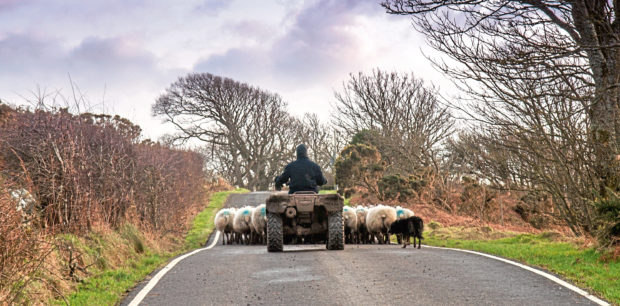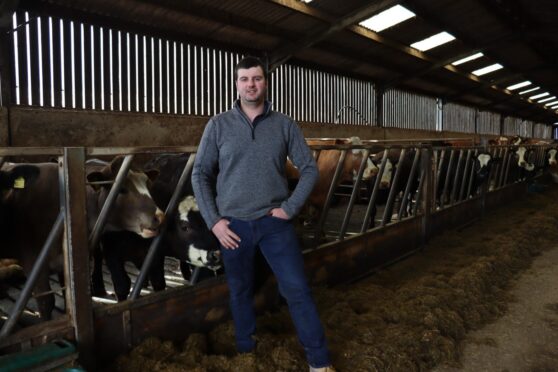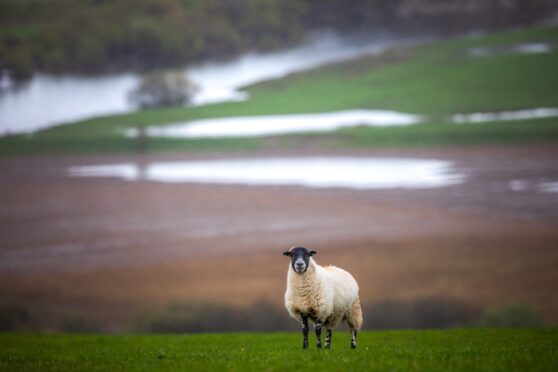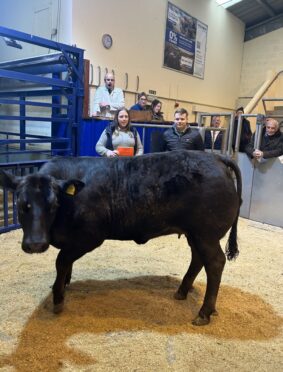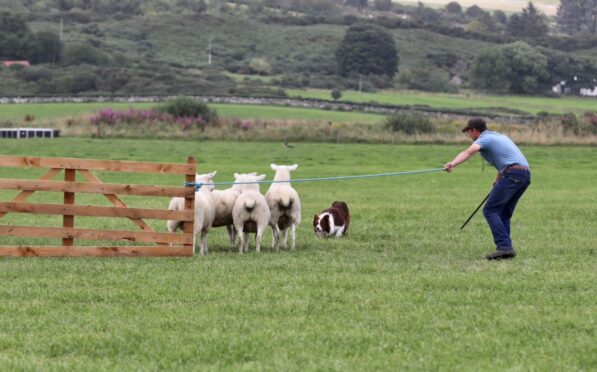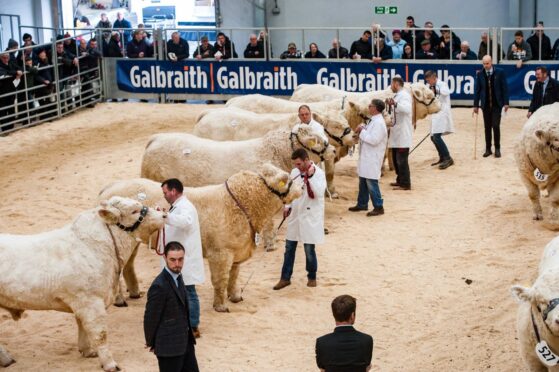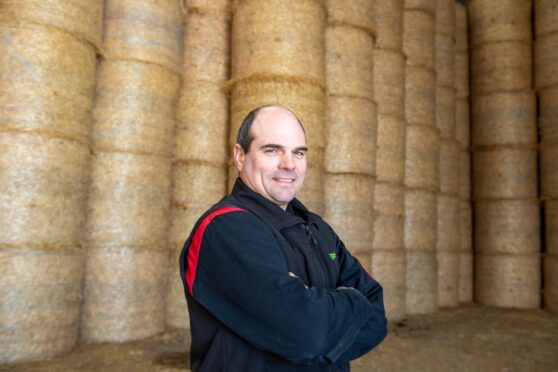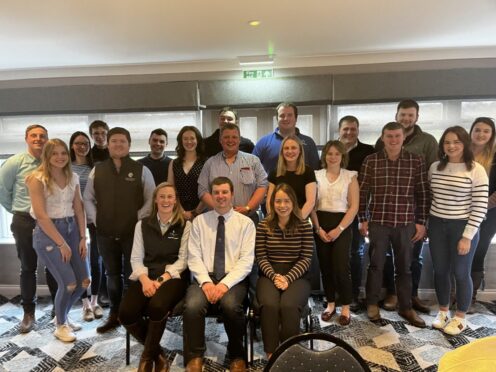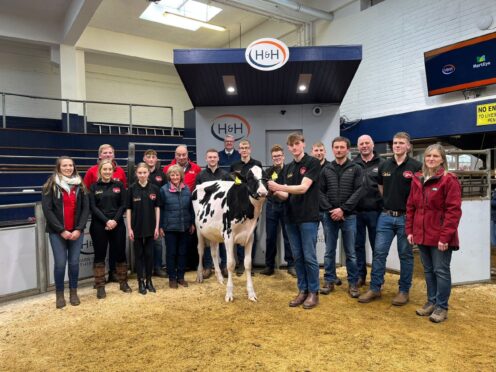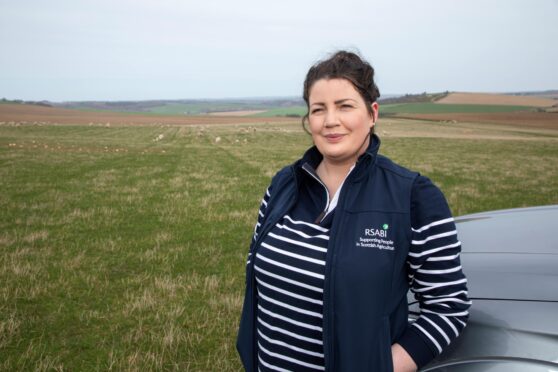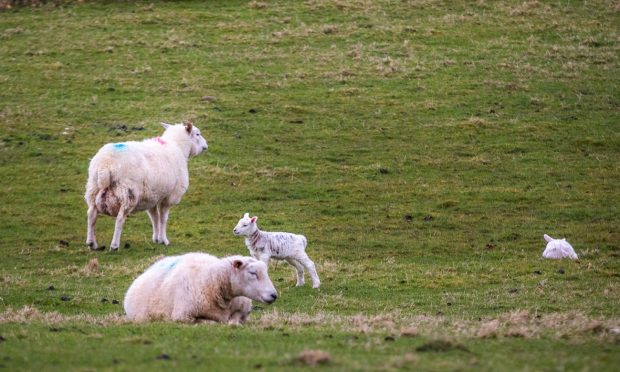A no-deal Brexit could put more than 50% of UK farms out of business, according to a report published today.
The report, No Deal: The Door To The Decimation Of UK Farming, coincides with the launch of a lobbying group called Farmers for a People’s Vote.
The group, which will herd a small flock of sheep past government buildings in London today, aims to represent the interests of UK farmers and the agricultural sector against the perceived risks of Brexit.
Former NFU chief economist Sean Rickard, who authored the new report, said the combination of a removal of support payments and an “adverse trading environment” in a no-deal Brexit scenario would render the majority of farm businesses unviable.
Mr Rickard said that by the mid-2020s a large proportion of farm businesses – 50% or more not being an unreasonable estimate – would recognise that they face an unprofitable future and cease trading.
“The agricultural sector in the UK faces significant challenges from no-deal, as tariffs and non-tariff barriers are erected to our exports at the same time as the UK Government lowers tariffs on imports from third-country farmers,” said Mr Rickard.
“British farmers will be caught between increased competition from third countries importing produce to the UK, and increased difficulty and cost when exporting to our biggest market, the EU.
“Free trade agreements to reduce those barriers will take many years to negotiate.
“Coupled with the loss of the Basic Payment Scheme of support payments by 2022, the driving down of farm revenues means that more than half of farms could go out of business,” he added.
Conservative MP for Aberconwy and leading supporter of the People’s Vote campaign and the Farmers for a People’s Vote group, Guto Bebb, said farmers and agricultural workers had not voted for Brexit to put themselves out of work or their farms out of business.
He added: “Many of them voted to leave the EU in good faith because people like Boris Johnson told them it would mean an improved trading relationship with the EU and a better future. The reality looks very different now.
“It would be a disgrace to democracy to impose no-deal on this country without the public having the final say, especially now that we know so much more about the consequences, particularly in the farming and agricultural sector as this new report highlights.
“The only way to resolve the Brexit crisis now is to call a People’s Vote and let the public decide for themselves where they want to go from here.”
